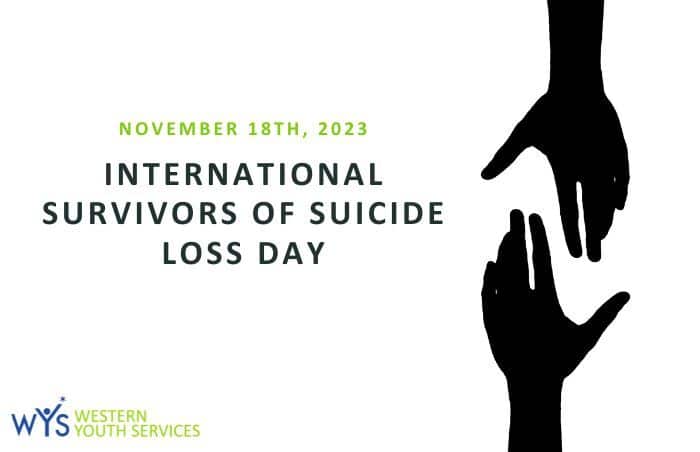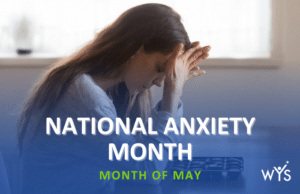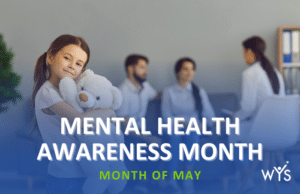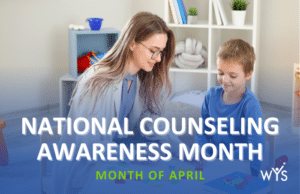
Every year, International Survivors of Suicide Day, observed on the Saturday before Thanksgiving, provides an opportunity to come together and remember those we have lost to suicide. It’s a day to honor their lives and offer support to the survivors left behind. In this blog post, we address the grief experienced by the youth and provide tips on how to navigate this emotional journey while advocating for mental health awareness and erasing the stigma surrounding it.
Understanding International Survivors of Suicide Loss Day
International Survivors of Suicide Loss Day is a day of healing, support, and understanding for those who have lost someone to suicide. It allows survivors to connect, share their stories, and find comfort in knowing they are not alone in their grief (1). For the youth, this day can be particularly challenging, but with the right guidance, it can also be a stepping stone toward healing.
Tips for Youth: Navigating Grief and Healing
1. Seek Professional Help
Encourage the youth to reach out to mental health professionals who specialize in grief and trauma. Therapists can provide coping strategies, a safe space to express feelings, and guidance in the healing process.
2. Join Support Groups
Participation in support groups specifically designed for survivors of suicide loss can be immensely helpful. Connecting with others who have experienced similar losses can offer comfort and a sense of community.
3. Express Emotions Creatively
Suggest creative outlets such as art, writing, or music to help the youth process their emotions. Expressing feelings through art can be a therapeutic way to navigate grief and healing.
4. Practice Self-Care
Highlight the importance of self-care—eating well, regular exercise, proper sleep, and engaging in activities that bring joy. A healthy body supports a healthy mind during the grieving process.
Advocating for Mental Health Awareness and Eradicating Stigma
International Survivors of Suicide Loss Day also offers a platform to advocate for mental health awareness and challenge the stigma associated with it. Educate the youth about mental health, emphasizing that seeking help is a sign of strength, not weakness.
Mental health advocacy organizations play a vital role in this regard. Encourage youth to engage with these organizations, either by seeking support or actively participating in campaigns that aim to eradicate the stigma surrounding mental health (2). By sharing stories and raising awareness, we can collectively contribute to breaking down barriers and creating a more empathetic society.
On International Survivors of Suicide Loss Day, let us stand together to honor those we have lost and support the survivors. For the youth, this day can be a reminder that healing is possible and that there is a community ready to embrace them. By advocating for mental health awareness and encouraging open conversations, we can pave the way for a society that understands, supports, and empowers individuals facing mental health challenges.
If your child or a young loved one is struggling with a mental health concern, we encourage you to reach out to a mental health professional or to contact an Access Coordinator at Western Youth Services by sending an email to gethelp@westernyouthservices.org.






